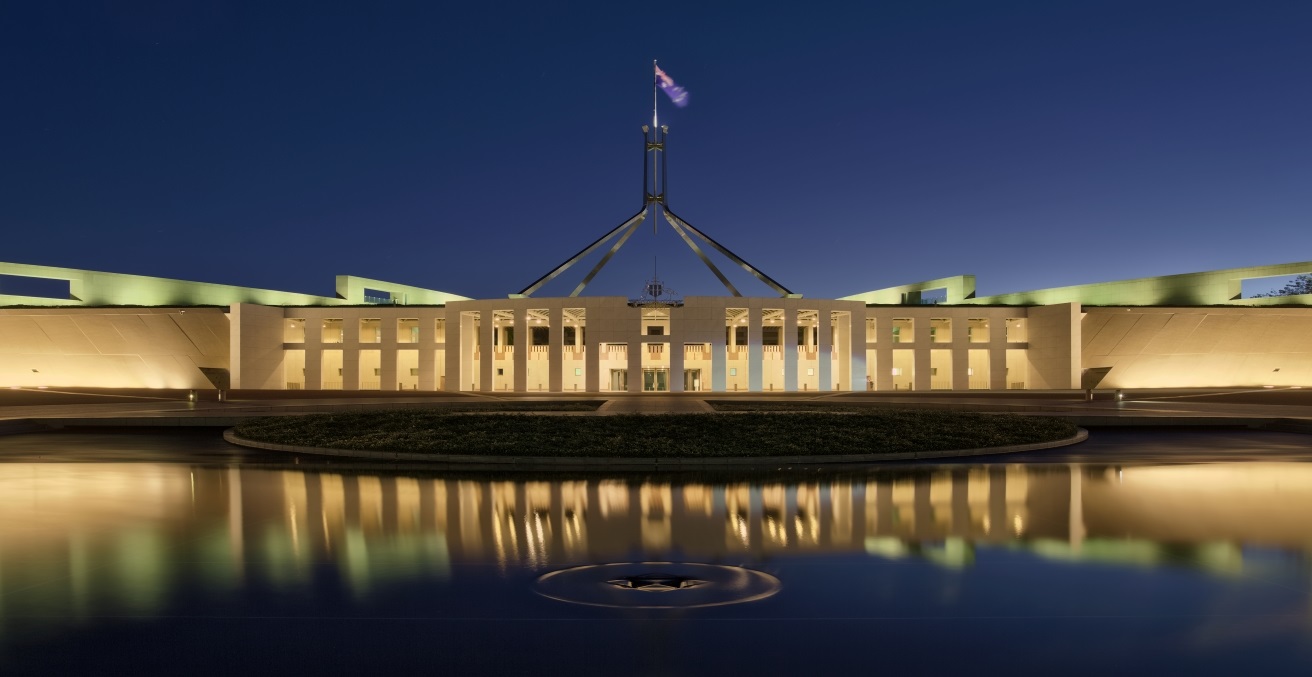20 November: The Week in Australian Foreign Affairs

This week in Australian foreign affairs: Afghanistan Inquiry updates; ASEAN-Australia summit; the Japan-Australia Reciprocal Access Agreement; and more.
On 12 November, Prime Minister Scott Morrison, Minister for Defence Linda Reynolds, and Minister for Home Affairs Peter Dutton issued a joint media release announcing the establishment of an Office of the Special Investigator to “assess and examine the findings of the Inspector General of the Australian Defence Force (IGADF) Afghanistan Inquiry.” An Afghanistan Inquiry Implementation Oversight panel was also announced, and its Terms of Reference were released.
Morrison virtually attended the ASEAN-Australia Summit on 14 November. At the summit, he announced that Australia will invest in “a new package of economic, development and security measures to support the region’s recovery from COVID-19.” This package includes $21 million for the ASEAN Centre for Public Health Emergencies, $232 million to support economic integration and development in the Mekong, $104 million towards the region’s security needs, and $70 million for infrastructure development.
On 17 November, Morrison met with Japanese Prime Minister Suga Yoshihide and announced the Japan-Australia Reciprocal Access Agreement, noting that Australia and Japan “have reached in principle agreement on a landmark defence treaty that will further deepen the countries’ strategic and security relationship.” The arrangement will facilitate cooperative activities, such as joint exercises and disaster relief operations, between the Japanese Self-Defense Forces and the Australian Defence Force.
On 13 November, Morrison met virtually with his Thai counterpart, Prime Minister Prayut Chan-o-cha, and elevated their relationship to that of a Strategic Partnership. The announcement delivers on a joint commitment that the prime ministers made at the East Asia Summit last year.
On 15 November, Morrison and Minister for Trade Simon Birmingham announced the signing of the Regional Comprehensive Economic Partnership (RCEP) Agreement between Australia and 14 other Indo-Pacific countries. Birmingham said that RCEP will be the world’s largest free trade agreement and is the result of eight years of negotiation.
Minister for Foreign Affairs Marise Payne expressed concern about recent developments in Hong Kong, stating on 12 November that “Beijing’s disqualification of duty elected Legislative Council lawmakers seriously undermines Hong Kong’s democratic processes and institutions.”
Payne responded to Myanmar’s election on 12 November, calling it an “important milestone in the country’s democratic transition.” She said that Australia will “continue to support Myanmar’s progress towards full democracy.”
On 16 November, Payne issued a statement on the continuation of the partnership between Australia and the Pacific Community (SPC). Australia will provide $42.5 million in “core funding” to the SPC over the next 3 years, to support the renewed 10-year strategic partnership (2014-2023) between Australia and SPC.
Minister for Immigration Alan Tudge noted on 18 November that citizenship appointments have now resumed in all states and territories following COVID-19 shutdowns.
Isabella Keith is an intern at AIIA National Office.
This article is published under a Creative Commons License and may be republished with attribution.



